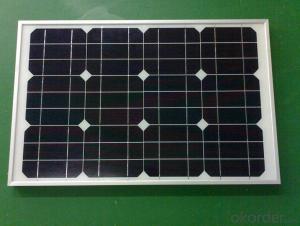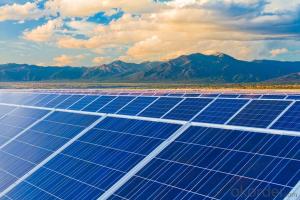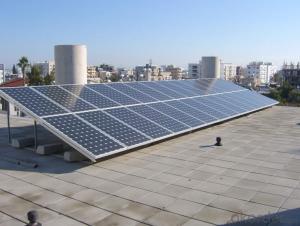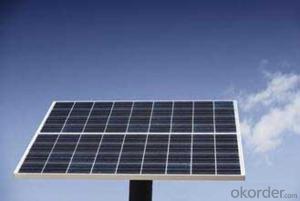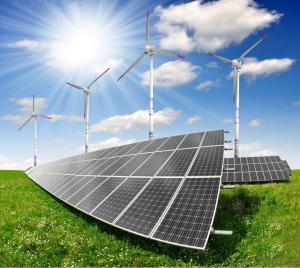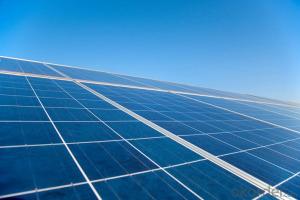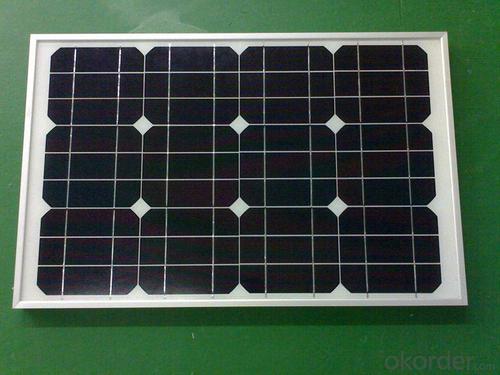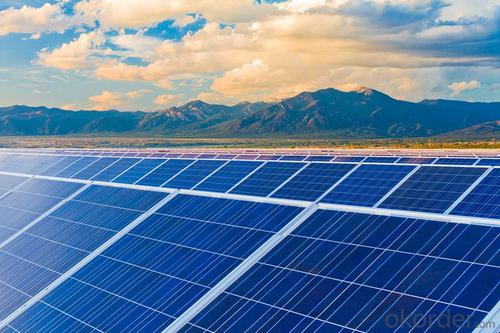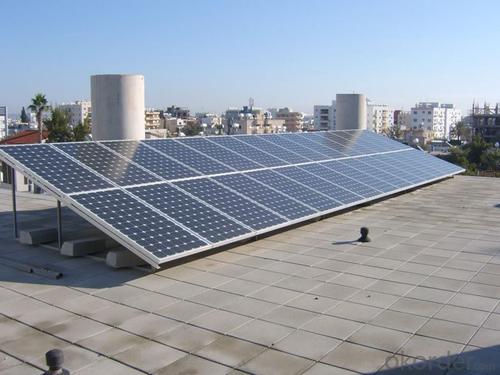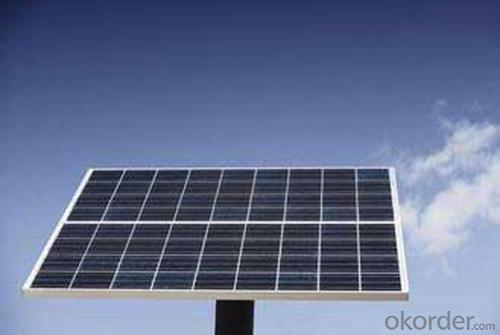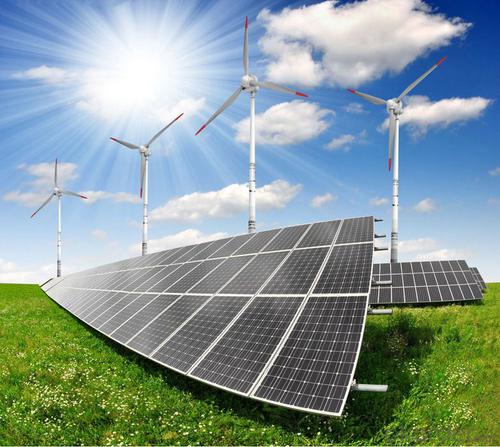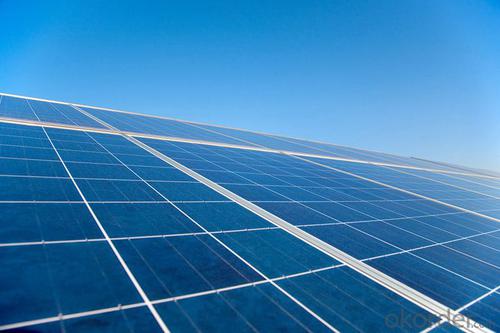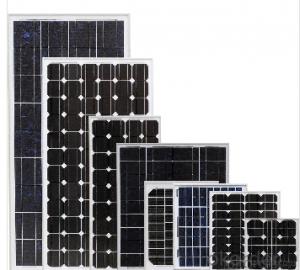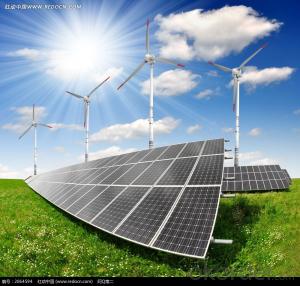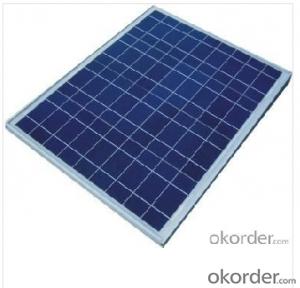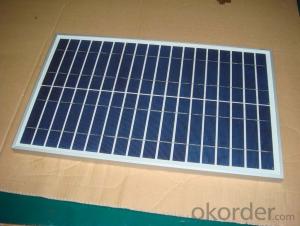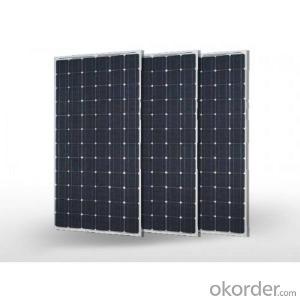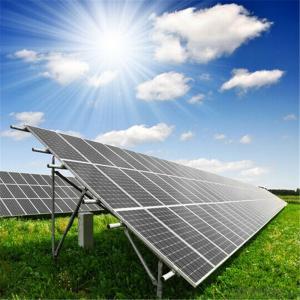Custom 250W Solar Panel System in Stock with Good Quality
- Loading Port:
- China main port
- Payment Terms:
- TT OR LC
- Min Order Qty:
- 10000 watt
- Supply Capability:
- 100000000 watt/month
OKorder Service Pledge
OKorder Financial Service
You Might Also Like
Specification
Features:
•Our solar panel is designed according to and complying with all requirements in IEC 61730 and IEC 61215 ed2(Certified by TUV Rheinland )
•We use on our solar panel white tempered glass, EVA, weather-proof substrate film and anodized aluminium frame to provide adequate protection against various environmental conditions
•Visual inspection, performance measurement and dielectric strength tests on every solar module
•Each of our solar panel is backed by a 25 year limited power warranty (≥80%) and 10 year workmanship warranty
•Customization upon request.
Our Advantages
Long Service Life
2.High Efficiency Solar Cells
3.Special Aluminum Frame Design
4.High Transmission, Low Iron Tempered Glass
5.Advanced Cell Encapsulation .
Solar System characteristic:
1. All Systems have LCD digital display which allows you to see the system working, (eg) Charge data, System voltage, Daily power consumption and temperature.
2. All type of BPS system both has AC and DC output.
3. All system have automatic switch , If mains power goes off the system will switch automatically over to battery power, When mains power resumes
the system will switch back automatically. The batteries will resume recharging automatically.
4. All inverters are Pure Sine Wave inverters. This allows the use of Air Conditioners and refrigerators without any problem.
5. Each component has a single chip detector. Assembled by the IPM or IGBT of Mitsubishi
This protects the system from Overloads, Low Voltage and Under Voltage (alarm) Over Heating, Short circuit, Reverse Polarity.
6. Your system can be updated very easily. Just by adding extra components your system will increase power capacity.
7. Battery optional, you can purchase from us or locally.
8. Simple to install, just follow installation instructions.
9. Our System offers Cutting Edge Technology, State of the Art Quality with Greater Functionality than our competitors, at Competitive prices.
Product details show
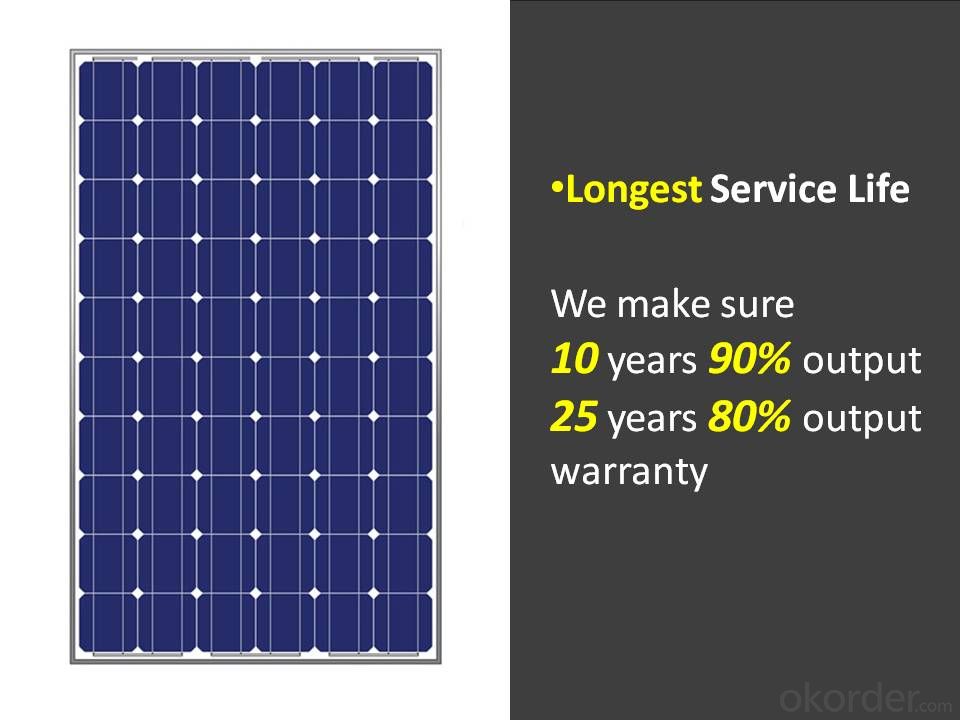
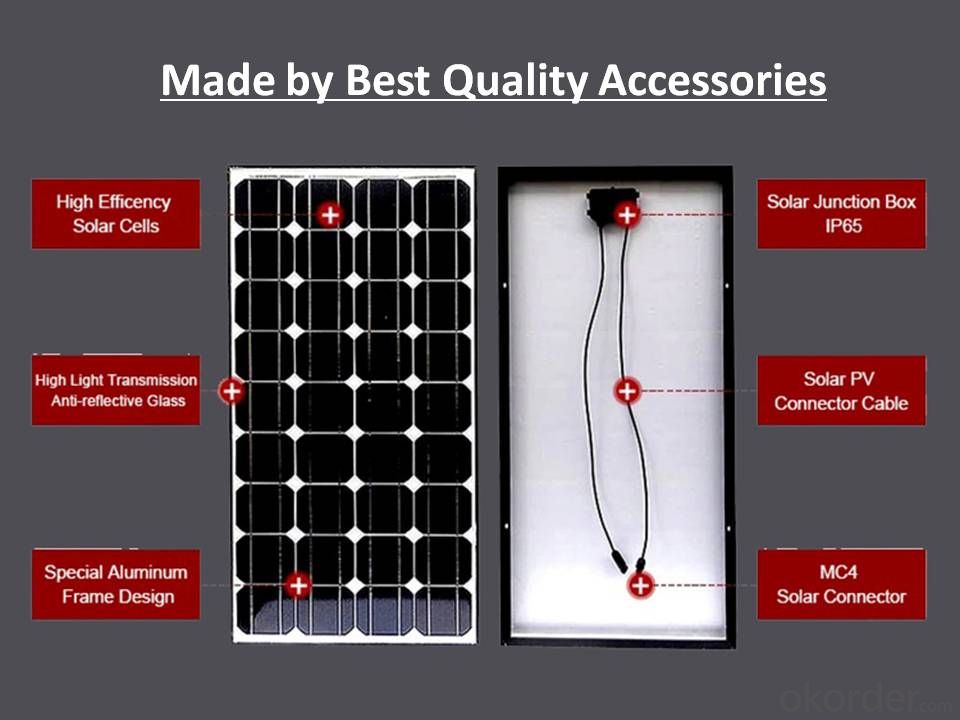
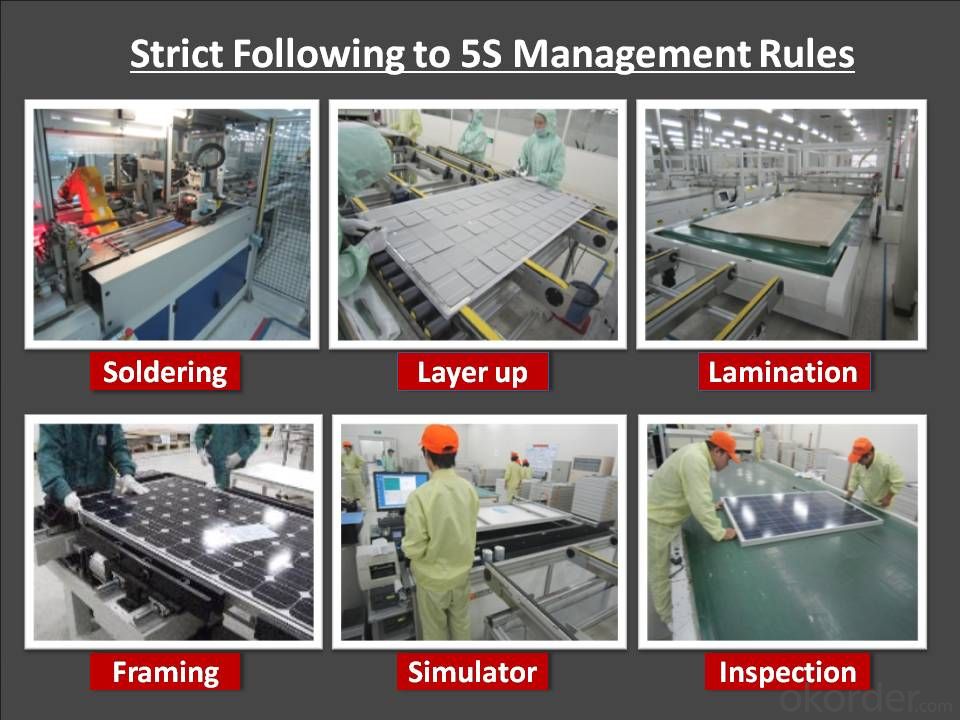
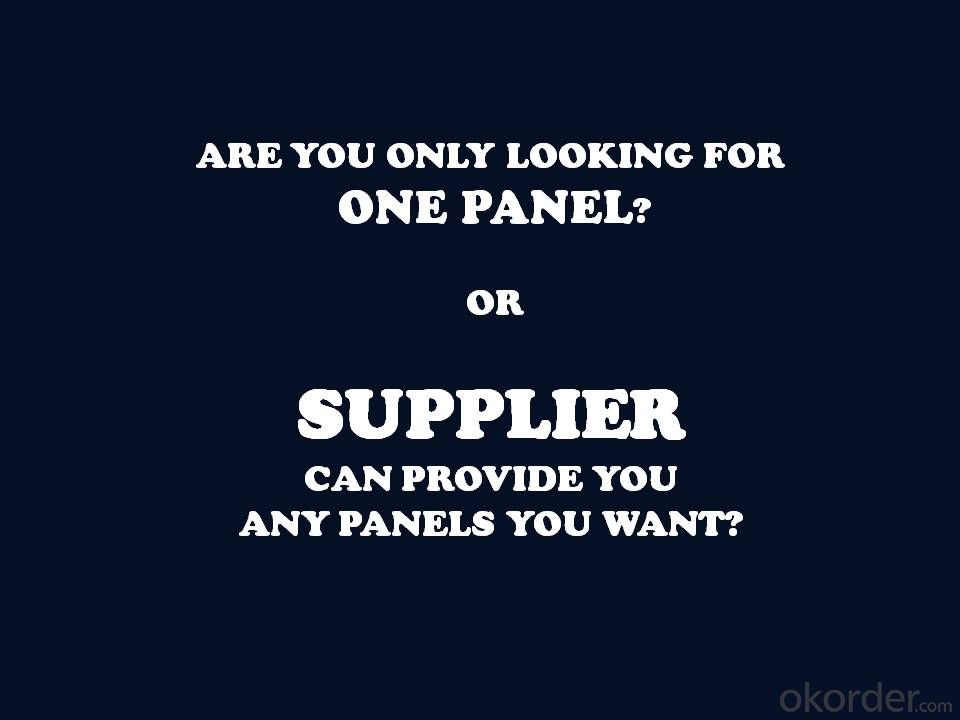
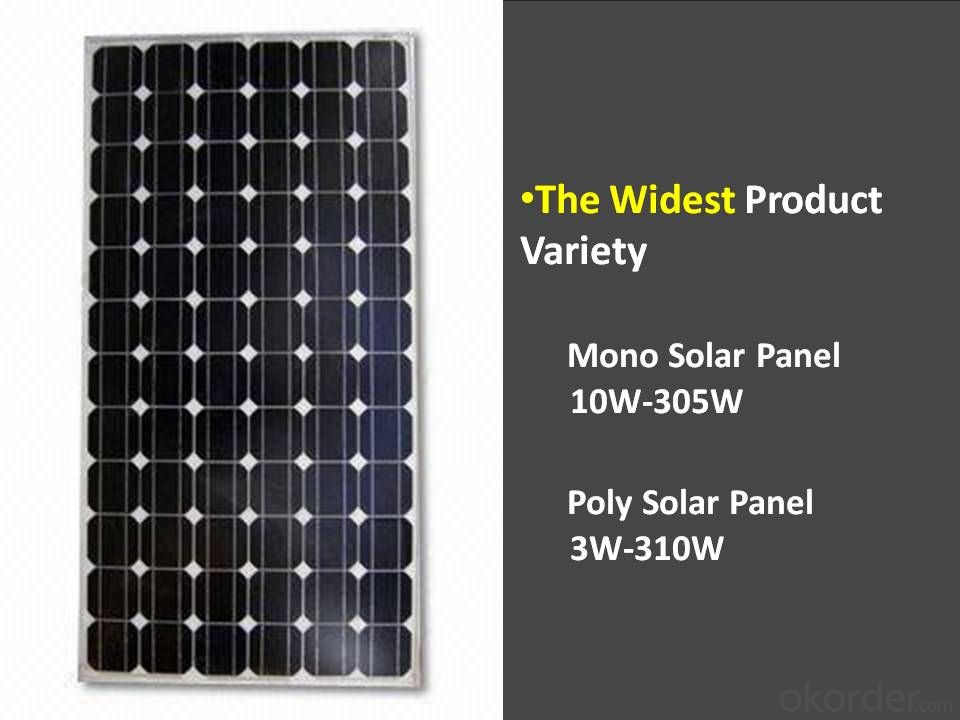
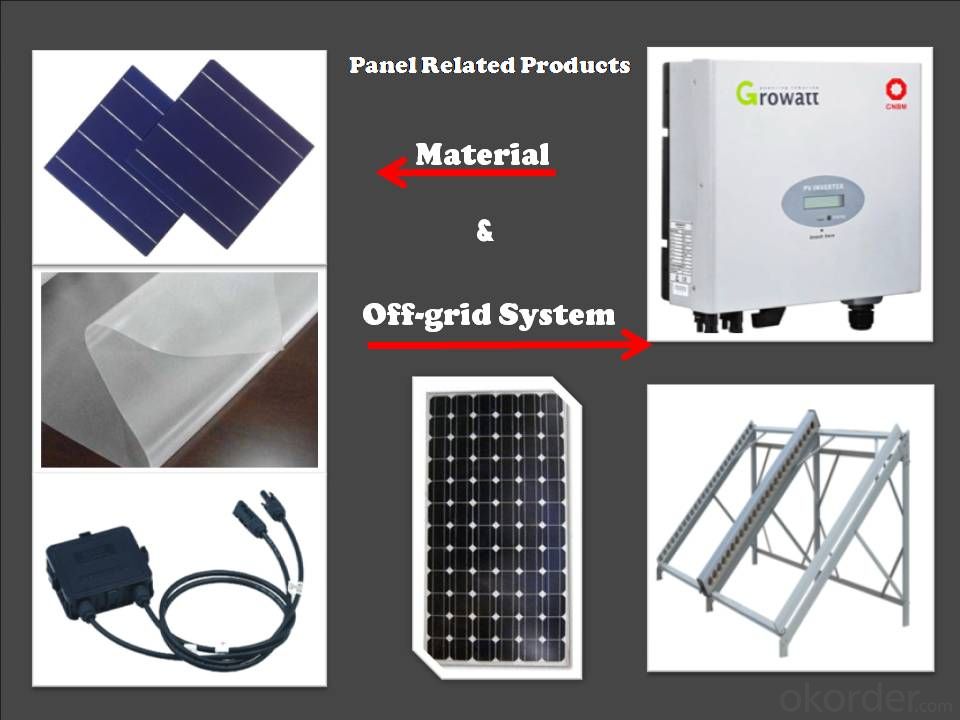
Warranty
10 year limited product warranty on materials and workmanship.
25 year limited power warranty on power output.
≥90% power output assurance for 10 years and ≥80% power output assurance for 25 years.
Refer to warranty document for detailed warranty information.
- Q: Are there any maintenance requirements for solar panels?
- Yes, solar panels do require some maintenance. Regular cleaning to remove dust and debris is recommended to maximize their efficiency. Additionally, inspecting the panels for any signs of damage or wear, and ensuring proper wiring and connections, are important maintenance tasks.
- Q: I have noticed how solar panels cause a glare. Since I am not around solar panels all the time I relate it to when the sun reflects off another car and right into my eyes. So I always wonder if solar panels effect birds and/or animals due to the glare. If I am wrong and solar panels aren't this bad please tell me.
- mynameismud, you are hilarious. I cried i laughed so hard. Holy crap, how old are you?
- Q: What is the biggest solar panel you can buy?How much energy can it produce in kwh?Thanks :)
- come to tn
- Q: Can solar panels be used to power an air conditioning system?
- Yes, solar panels can be used to power an air conditioning system. The electricity generated by the solar panels can be used to run the air conditioning unit directly, reducing reliance on the grid and saving on electricity bills. However, the feasibility and effectiveness of using solar panels for this purpose may depend on factors such as the size of the solar panel system, the energy efficiency of the air conditioning system, and the availability of sunlight in the area.
- Q: They have been around long enough to be cheaper. Unless they are made out of a natural material that is rare and hard to find, there is no reason why they should be so expensive. On another note, I think that all low power devices like cell phones and even laptops should have solar panels. Even if it is not enough to fully power the device for a long period of time, it will provide some electricity savings and with millions of people saving a little power adds up.
- Because most solar cells are made from silicon crystals that is grown very slowly. Growing silicon crystals from pure silicon is an extremely slow and expensive process.
- Q: Can solar panels be used for large-scale power generation?
- Yes, solar panels can be used for large-scale power generation. Large arrays of solar panels, known as solar farms or solar parks, can be installed to generate electricity on a larger scale. These solar farms can cover vast areas of land and produce significant amounts of power, which can be used to meet the energy demands of industries, communities, and even entire cities. Additionally, advancements in solar technology and the decreasing cost of solar panels have made large-scale solar power generation more economically viable and increasingly popular worldwide.
- Q: Can solar panels be installed on a historical building?
- Yes, solar panels can be installed on a historical building. However, it is essential to consider the building's architectural significance, structural stability, and local preservation regulations. The installation should be done in a way that respects and preserves the historical character of the building while providing the benefits of renewable energy.
- Q: Can solar panels be used in agriculture?
- Yes, solar panels can be used in agriculture. They provide a renewable and clean source of energy that can power various agricultural activities such as irrigation systems, lighting, and machinery. Additionally, solar panels can be installed on agricultural buildings or unused land, allowing farmers to generate their own electricity and reduce their carbon footprint.
- Q: How can solar panels be used for heating water?
- Solar panels can be used for heating water by capturing sunlight and converting it into electricity. This electricity can then be used to power heating elements or heat pumps that warm up water for various purposes, such as domestic use or swimming pools.
- Q: Can solar panels be installed on a commercial building?
- Yes, solar panels can be installed on a commercial building. In fact, many businesses are opting for solar panel installations as a way to reduce energy costs, promote sustainability, and take advantage of government incentives. Commercial buildings provide ample space for solar panels to be installed on rooftops or as ground-mounted systems, allowing businesses to generate clean energy and contribute to a greener future.
Send your message to us
Custom 250W Solar Panel System in Stock with Good Quality
- Loading Port:
- China main port
- Payment Terms:
- TT OR LC
- Min Order Qty:
- 10000 watt
- Supply Capability:
- 100000000 watt/month
OKorder Service Pledge
OKorder Financial Service
Similar products
Hot products
Hot Searches
Related keywords
